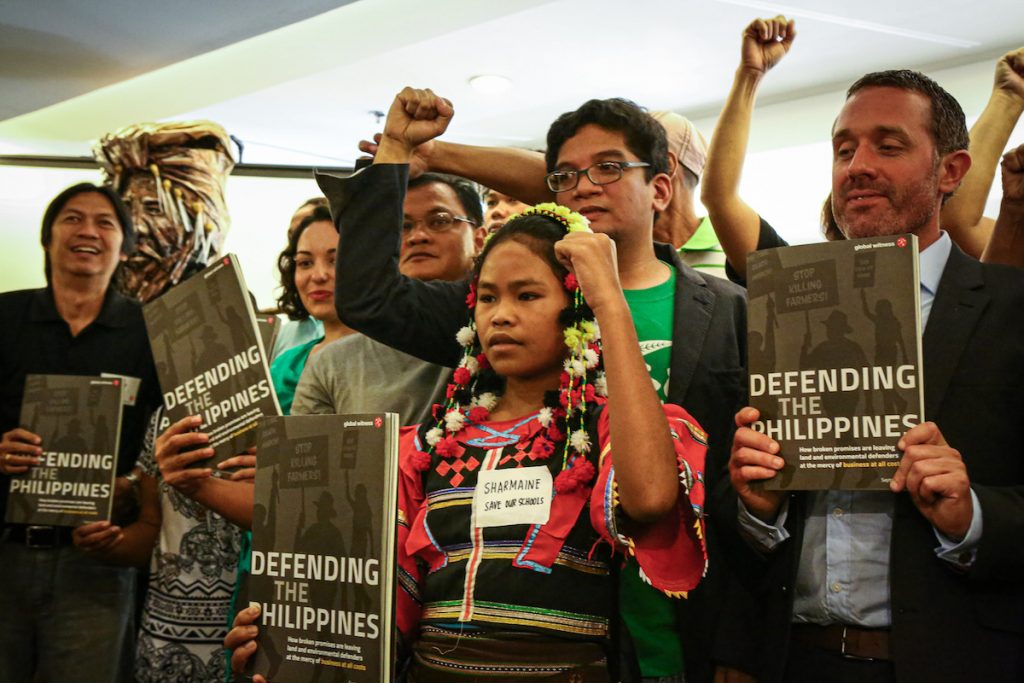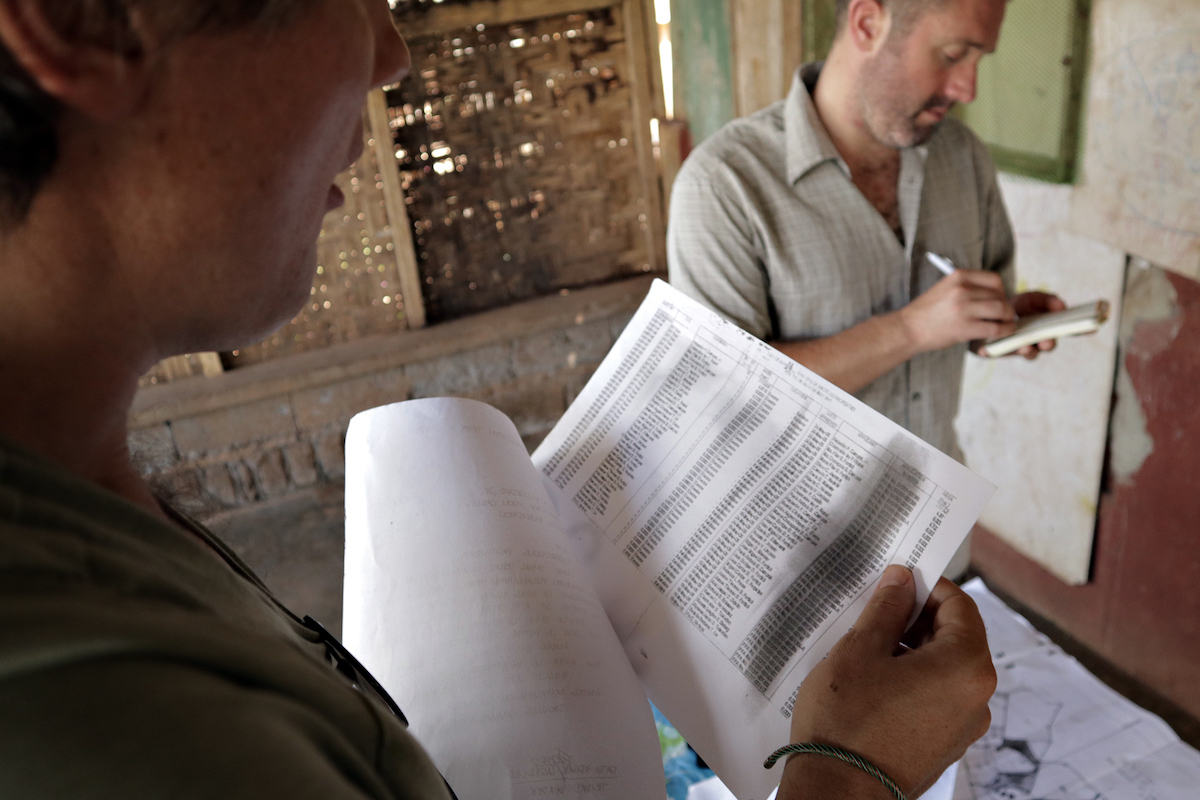The Philippines remains among the “deadliest countries” in the world for land and environmental defenders, ranking second in the world and first in Asia in 2019.
This was part of the findings of a report titled Defending Tomorrow, which was launched on July 29, by international investigative research NGO Global Witness.
The report raised the alarm over the link between the reported crackdown on environmental defenders and the accelerating climate breakdown brought about by the new coronavirus pandemic.
The Global Witness report recorded 43 cases of environment-related killings in the Philippines for 2019, where large-scale mining and agribusiness projects were major drivers of attacks.
Six of the Philippines’ recorded cases were state employees, the highest number of attacks globally against environmental workers employed by the government.
The report said the cases in 2019 raised the number of killings of environmental defenders under the administration of President Rodrigo Duterte to at least 157 people.
From the 43 recorded deaths in the Philippines, Global Witness documented 20 from Mindanao, with ten coming from the province of Bukidnon.
One of those listed by Global Witness is the case of Tigwahanon tribal leader Bai Leah Tumbalang, 45, who was gunned down on Aug. 23, 2019, by unidentified gunmen.
Tumalang was one of those who stood up against the deployment of paramilitary groups believed to be backed by mining interest in the tribal communities.
Another case was that of Ata Manobo leader Datu Kaylo Bontolan who, authorities claimed, was killed during a military operation in Kitaotao town, Bukidnon province, on April 7, 2019.
Bontolan’s death was claimed to have been linked to his resistance against logging and mining operations in his community.
The Global Witness report noted that Tumbalang and Bontolan were among tribal leaders who asserted their rights to self-determination and to their ancestral lands.

Worldwide, the report revealed the highest number of land and environmental defenders murdered on record in a single year with 212 people killed in 2019 for defending their homes and standing up to the destruction of nature.
In terms of the attack’s origins, mining was the deadliest sector globally with 50 defenders killed in 2019. The Philippines recorded as having the most mining-related deaths, with 16 people killed.
Agribusiness still remains a threat where Asia has consistently been one of the worst regions for attacks related to this sector, a long-time driver of attacks against defenders.
In 2019, over 85 percent of agribusiness-related attacks recorded were in the continent. Of these, almost 90 percent were documented in the Philippines.
The report also showed that over 1 in 10 defenders killed in 2019 were women.
The annual report, meanwhile, noted an “increased crackdown and surveillance” on environmental activists during the pandemic lockdown.
Concern over anti-terror law
Global Witness has earlier expressed concern over the Philippines’ new anti-terrorism law, warning that it will erode legal protections and extend State powers to label rights groups as “terrorists.”
“For land and environmental activists, people that uncover environmental damage and work to protect their land and human rights from government and companies with vested interests, being labelled a ‘terrorist’ is a reality with frightening consequences,” said Rachel Cox, campaigner for Global Witness.
The NGO noted that many of those who were killed faced threats or smear campaigns before they were murdered.
Cox said the new law “leaves the door open for the prosecution of speech at a time where press freedoms and journalists are under attack.”
“In this context, overbroad definitions of terrorism can be easily manipulated by authorities to target, tag, arrest and detain government critics, including those working to protect the land and natural environment,” she said.
Leon Dulce, national coordinator of Kalikasan PNE, said environmental activists “expect the worst in the coming days” because of the new anti-terrorism law.
“The situation will worsen once this law takes in full effect,” he said, adding that the Philippines might again rank as number one or the deadliest country for environmental defenders.
Dulce noted that pandemic crisis is also being used as an opportunity by government “to railroad destructive programs and policies alongside authoritarian laws.”
He noted the reversal on mining closures and a generally more aggressive pursuit of mining, dredging, and mega infrastructure supposedly for COVID-19 economic recovery.
Dulce said that during the continuing lockdown, they recorded at least 260 environmental defenders who suffered human rights abuses.
The Global Witness report made the following key recommendations for the Philippines:
- Ensure accountability by conducting an independent investigation into attacks on indigenous schools, dismantle paramilitary groups and remove military units from indigenous land.
- Repeal the existing Anti-Terrorism Act 2020, by presidential decree or ensure safeguards for rights defenders by passing the pending Human Rights Defender Bill (Senate Bill 179).
- Implement the Extractive Industries Transparency Initiative standard and require mandatory human rights due diligence in all mining operations, and rule on the cancelation or suspension of mining operations started in 2017 under former Environment Secretary Gina Lopez.
- Cooperate with the United Nations Human Rights Council and implement the recommendations in its 2020 report on the Situation of Human Rights in the Philippines.







